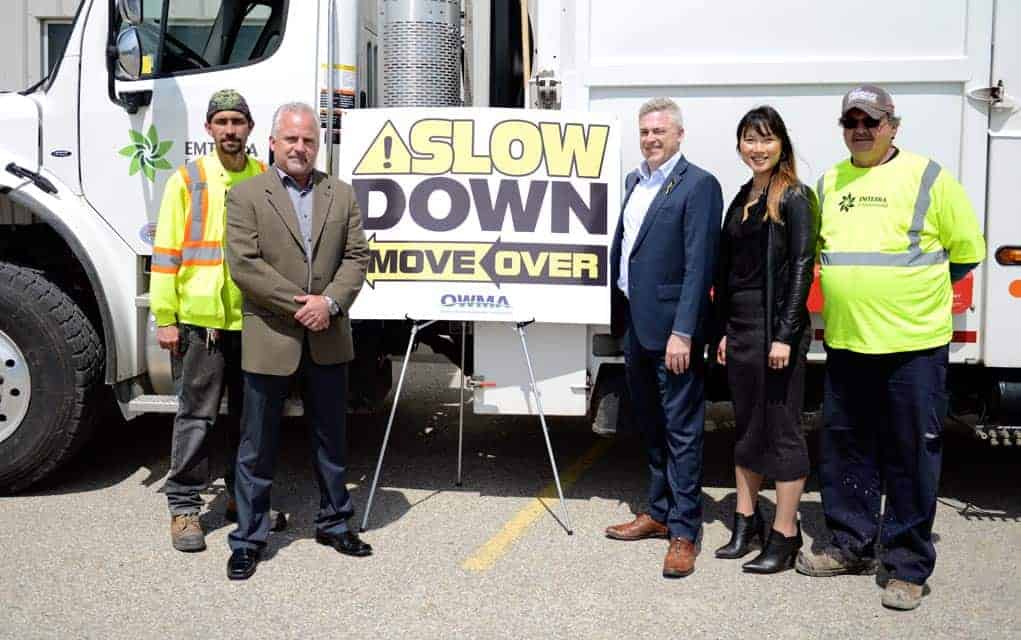The transition should be seamless, as Woolwich Community Services has named Kelly Christie to replace retiring executive director Don Harloff.
A 17-year veteran of the Elmira-based agency, which operates on a shoestring budget with a small staff, Christie carries institutional knowledge in the role she’ll assume June 1.
“I don’t anticipate any great surprises,” she said with a laugh, noting she’s familiar with all aspects of the operation.
Many of the programs, including the youth centre at the WMC, the backpack program, the birthday present cupboard, lunch crunch program, and the single mom’s group, were designed and implemented by Christie.
Harloff’s departure at month’s end after 26 years at the helm will set off something of a “game of musical chairs,” Christie added.
When she take over as executive director, her job as director of community supports will be assumed by the current community resource coordinator, whose will in turn be replaced by an internal move. That should mean clients will see no changes in the services they receive, save for Harloff’s presence at the office.
“Hopefully our participants won’t even notice as far as services go,” she said, noting Harloff’s knowledge on the operational side will be missed.
Having been at WCS for 17 years, however, she’s seen many of the same changes, most notably the circumstances that have led to a widening of the agency’s offerings.
“The depth of people’s needs – it’s not just food or some financial support to help them get by for a bit. They need a variety of services,” she said, noting the problems are now longer-term, more systemic.
“People need help with jobs. They need housing. They need transportation. We try to support them in all those needs.”
WCS has more clients with a wider range of needs. It’s not just a matter of filling one gap in their lives, Christie said. For those clients who come in with issues, the first step is to get them somewhat stabilized and then act as a gateway to other programs through the region, province or federal governments.
“We’re just hoping that we can support them to get through the day, and then get some other supports.”
For those people with the largest variety of needs, there’s no short-term solution.
“It’s a long process. But it really is one day at a time. We’ve got to keep them moving forward.”









